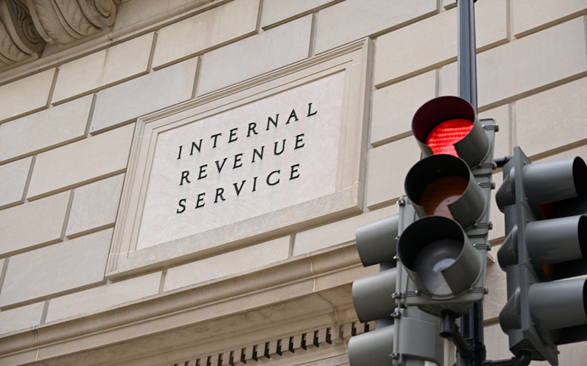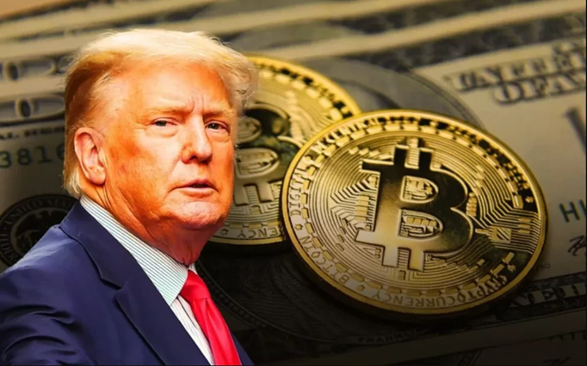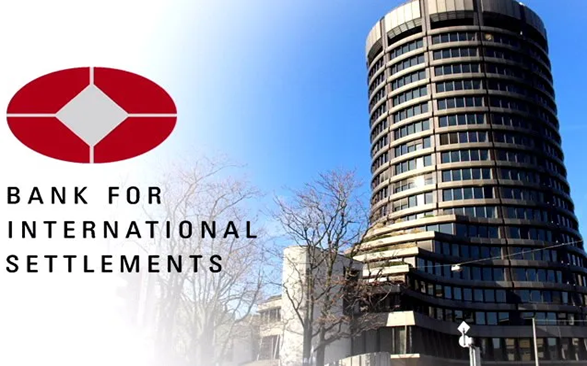by Jude Ayua
The US Internal Revenue Service (IRS) has introduced 2024 regulations applicable to brokers that provide services to enable special digital asset sales and exchanges. Approved 5 December and scheduled for public release on 30 December 2024, the regulations will become effective after 60 days from the date of publication.
The regulations require these brokers to report overall proceeds on dispositions of digital assets they facilitate for customers in certain sale or exchange transactions. This requirement binds both centralized and decentralized finance (DeFi) operators.
Read also: US Crypto Regulations: Trump Considering Quintenz for CFTC Chair.
Key Provisions
1. Definitions and Scope
The regulations redefine “broker” to include DeFi participants and others involved in digital asset transactions. It also outlines requirements for calculating the basis and reporting realized amounts in such transactions. They define a digital asset middleman as “any person who is responsible for providing an effectuating service … with respect to a sale of digital assets.” Effectuating services trading front-end services where the provider is positioned to know details of transactions giving rise to gross proceeds from digital asset sales. A front-end service, with respect to a sale of digital assets, is a service that receives and processes orders for sale by providing a user interface.
The IRS noted it received public comments and feedback from over 44,000 respondents during hearings the Treasury Department held in 2023 and 2024 in respect of the proposed regulations. One notable comment asserted that the definition of a broker in the regulations should not extend to securities participants in the DeFi industry. However, the Treasury Department and the IRS insisted that the comparison of the functions of brokers in both centralized and DeFi markets, the definition should apply to DeFi participants.
Read also: UAE exempts crypto transactions from VAT.
2. Exclusion for validation services
The regulations exclude entities providing validation services, such as those using proof-of-work or proof-of-stake mechanisms, from the definition of effectuating services. This exclusion applies only if the entities do not offer additional services or functions. The only DeFi participant the exclusion does not exclude is the one that provides trading front-end services.
Another key provision relates to the definition of crypto asset services. The Treasury Department and the IRS stated they do not agree that the MiCA definition of crypto-asset services is limited only to centralized exchanges and custodial brokers.
3. Reporting obligations for brokers
The regulations require brokers to file Form 1099-DA, titled “Digital Asset Proceeds From Broker Transactions,” detailing gross proceeds from digital asset sales. Brokers must also retain transaction-related information for seven years, including transaction IDs and digital asset addresses used during sales.
Implications for digital assets brokers
These new IRS regulations are evident of the increasing integration of traditional compliance frameworks into the decentralized ecosystem. The regulations aim to close tax gaps, enhance compliance, and provide clear guidelines for brokers handling digital assets, including traditional platforms and non-custodial participants. The regulations expand the scope of tax compliance obligations for digital asset brokers, both centralized and decentralized.
However, the inclusion of DeFi participants and detailed record-keeping requirements may increase operational complexity for brokers. On the other hand, the exclusion of standalone validation services from the effectuating services definition provides clarity for entities focusing solely on blockchain consensus mechanisms.
As the digital assets industry continues to evolve, with governments pushing regulations and policies nationally and internationally, industry participants must also ensure to meet regulatory compliance requirements. Importantly, balancing regulations and innovation remains a key factor for the growth of the industry. The incoming Trump administration is promising in this regard.
Read also:
Paul Atkins to Succeed Gensler as US SEC Chair.
Blockchain advocacy groups sue the U.S IRS over new tax rules.
Jude Ayua is a policy analyst at CAB. A lawyer, Jude is an associate at Infusion Lawyers where he is a member of the Blockchain & Virtual Assets Group. He is also a member of the Policy & Regulations Committee of the Stakeholders in Blockchain Technology Association of Nigeria (SiBAN). Jude reports and writes on crypto policy and regulations. jude@infusionlawyers.com
Discover more from Crypto Asset Buyer
Subscribe to get the latest posts sent to your email.





